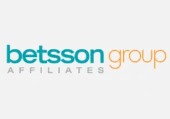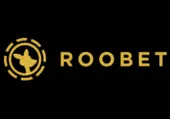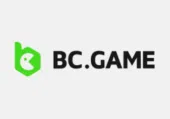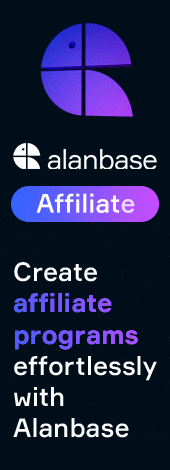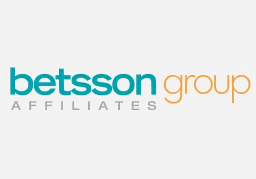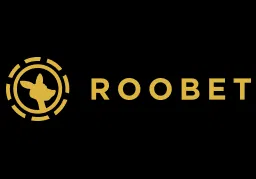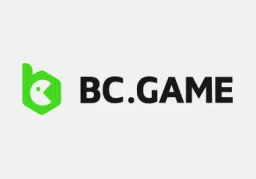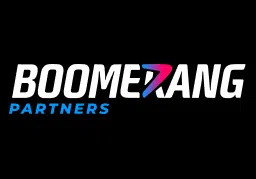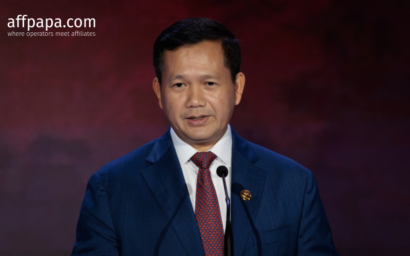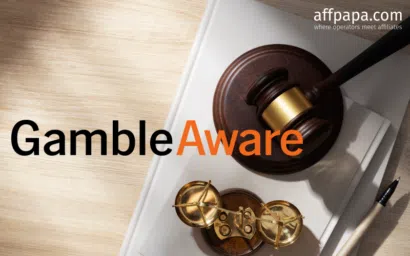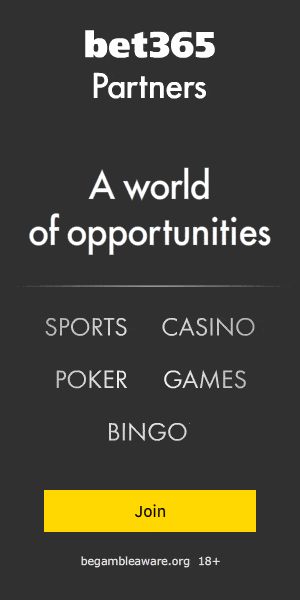Norway’s state monopoly rejection causing hassle in iGaming market

Norway has reportedly lost control over its iGaming industry, as mentioned by the European Gaming and Betting Association (EGBA)’s Secretary General, Maarten Haijer.
The country currently has two state-owned operators,, which are Norsk Rikstoto and Norsk Tipping, as the former is responsible for horse race betting and the latter is in charge of sports betting and lotteries in the country.
Haijer spoke of the matter saying that he is not shocked that bettors in the country are steering clear from the state monopoly and moving on to international iGaming operators who are providing them with better deals when compared to the local system.
He stated:
“It is estimated that 66% of Norway’s online gambling activity now takes place on international websites, meaning the country has lost control of over half of its online gambling market, is losing out on about 2bn NOK in additional tax revenues each year, and many of its gamblers are not protected by Norwegian laws. This is a significant problem for ensuring the monopoly does what it says: controlling online gambling and protecting players. If Norwegians play with international websites there is no way for the state to control their activity or protect them.”
Haijer went on to describe the local bettors as being ‘internet savvy’, as he underlined that Norway’s gamblers are all reactive to prices, and in turn are always looking for better options to what the monopoly is providing, which can all be accessed in a few clicks on the internet.
He also recommends that the country needs to impose a multi-licensing system, where he cited neighbouring Sweden and Denmark as some good examples of countries who have been using this system successfully.
He mentioned:
“In a multi-licensed market, licensed companies must apply a range of regulations and consumer protections which are part of the local licensing rules. Compliance with these licensing rules is monitored and enforced by the country’s gambling regulator, ensuring that the responsibility for controlling the level of consumer protection remains with the authorities.”
Aside from that, the secretary general said that this multi-licensing system will be allowing the country to decrease the number of bettors and gamblers who are leaning towards international operators.
Lastly, he closed off the comment by saying:
“The time has come for Norway to have a fundamental rethink about how it regulates online gambling. It’s clear that Norwegians increasingly choose not to play with the monopoly, and it’s better to meet, rather than ignore, their demand for alternatives. Experience shows us that online gambling monopolies inevitably fail, and Norway should look to Denmark and Sweden where multi-licensing – while not perfect – proved to be a much more optimum model for controlling online gambling. Only by doing the same can Norway correct the fallacy at the heart of its monopoly and failing online gambling regulation.”

